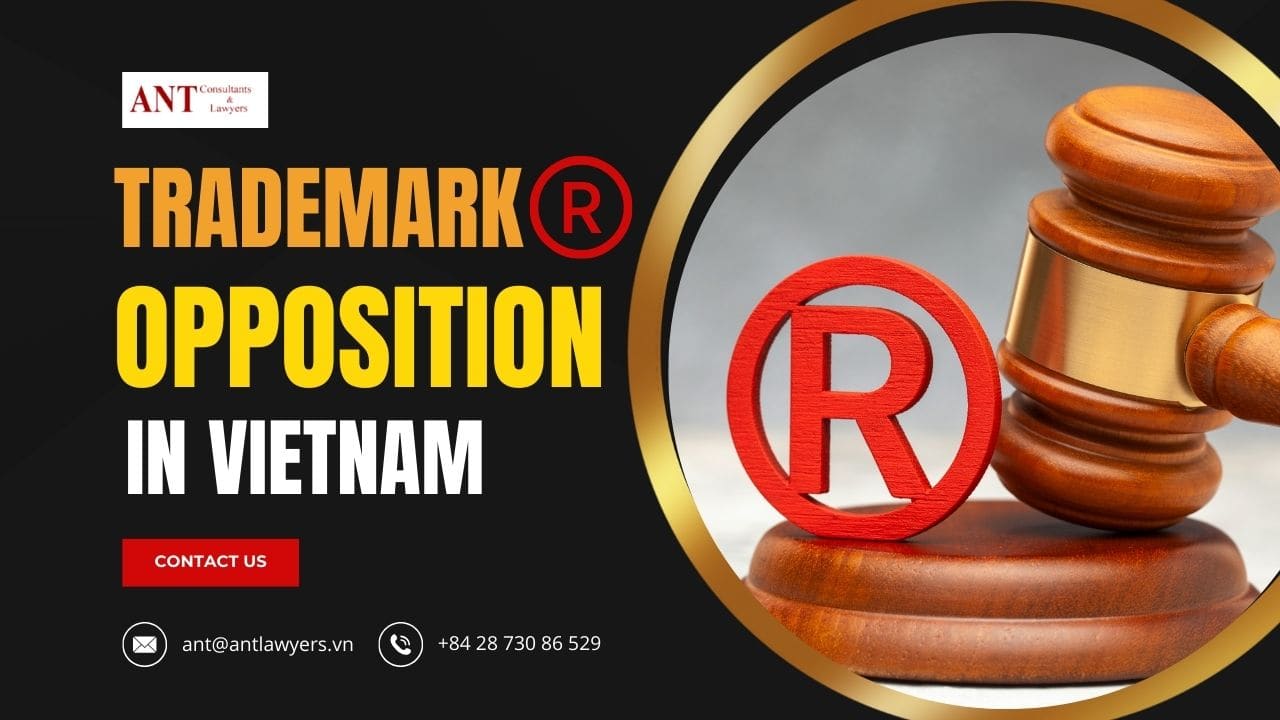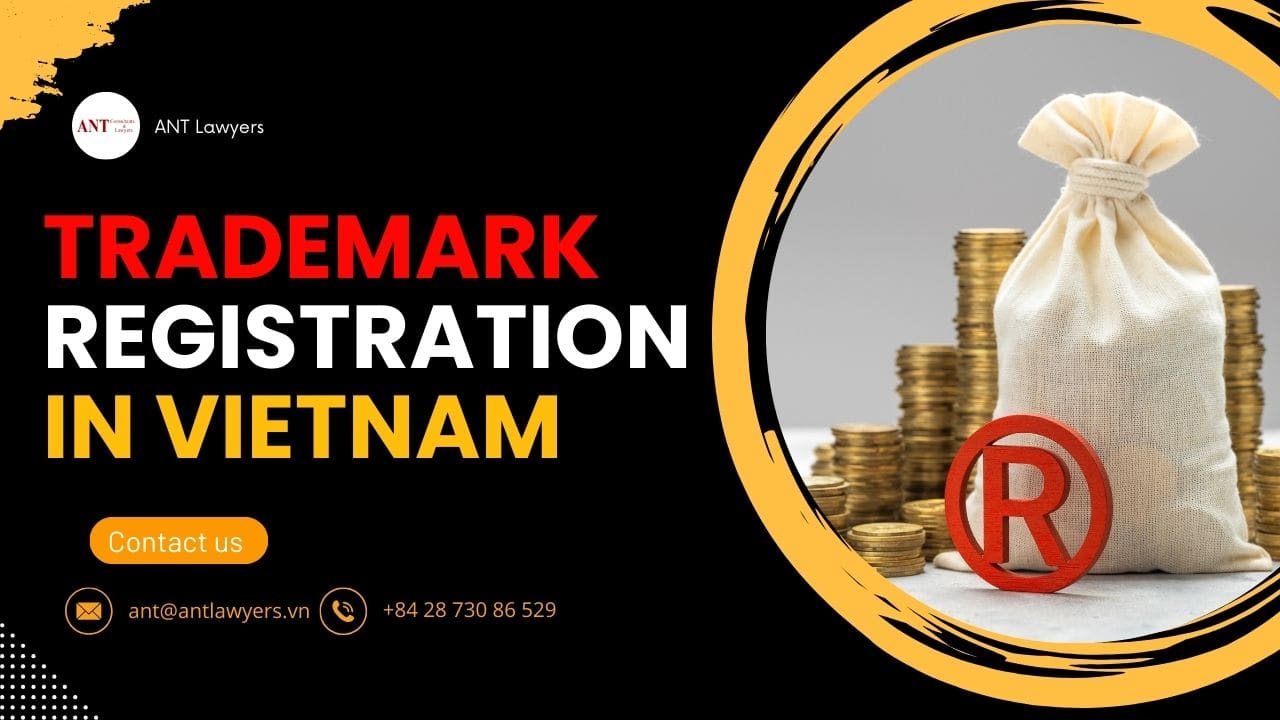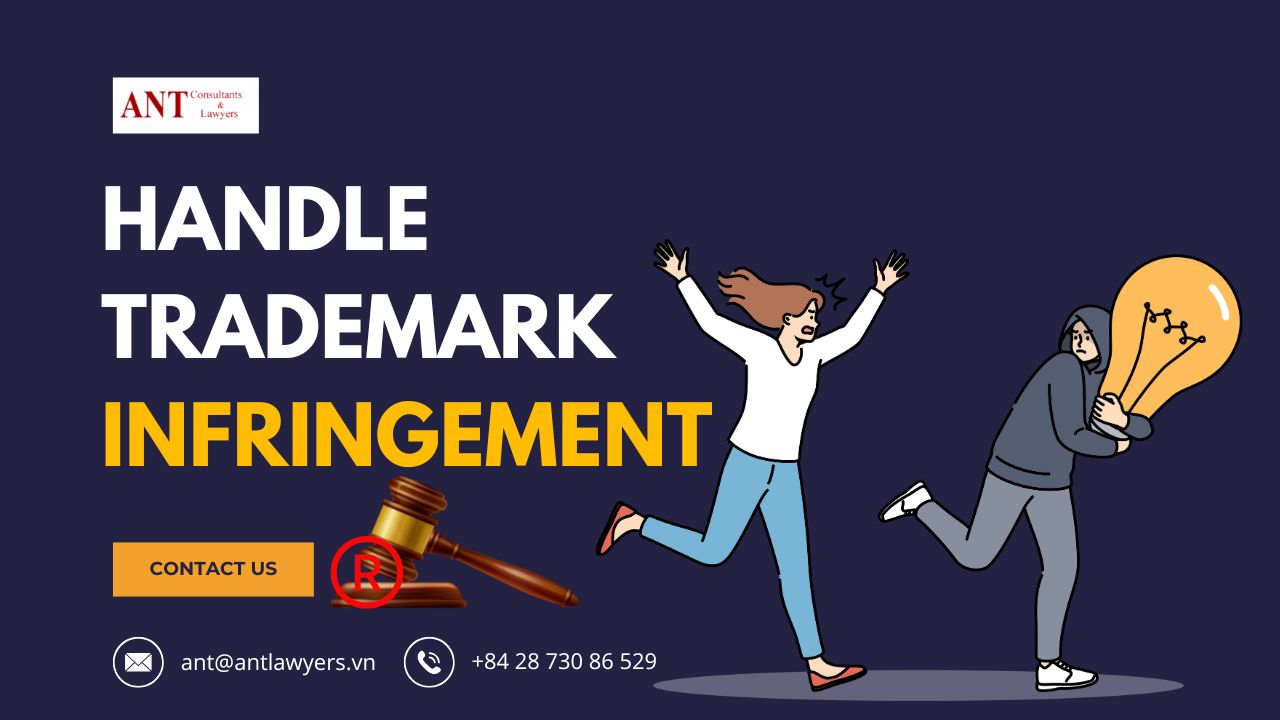Trademark Opposition in Vietnam: 10 Critical Facts Every Foreign Business Must Know to Protect Your Brand


Trademark Opposition in Vietnam
Safeguard Your Business Legacy in Vietnam
Imagine the situation that your business has successfully entered Vietnam’s vibrant market. Your products or services are gaining traction, your brand is becoming recognized, and your future in the region looks bright.
But one day, you discover a competitor, or worse, an opportunist, has filed a trademark application that resembles your brand too closely. If left unchecked, this could lead to customer confusion, brand dilution, and a tarnished reputation.
Trademark disputes in Vietnam are not just frustrating; they can be devastating to your business. Fortunately, trademark opposition in Vietnam offers a critical lifeline to safeguard your intellectual property. In here, we will uncover the 10 most crucial aspects of trademark opposition in Vietnam, empowering you to act decisively and protect your business legacy.
Understanding Trademark Opposition in Vietnam
Vietnam’s dynamic business environment has made it a hub for foreign investors. However, its first-to-file trademark system demands vigilance to prevent others from unfairly benefiting from your brand. Here’s what you need to know about trademark opposition in Vietnam:
What is Trademark Opposition in Vietnam?
Trademark opposition in Vietnam is a legal procedure that allows third parties to challenge a trademark application before it is officially registered. In Vietnam, this process is administered by the National Office of Intellectual Property (NOIP).
This system is particularly vital for foreign businesses, as it provides a structured mechanism to prevent potential infringement, even if the trademark has yet to be fully registered.
Why is Trademark Opposition in Vietnam Important for Foreigners?
Vietnam’s first-to-file system means whoever registers a trademark first generally has the upper hand, regardless of actual use. This system can pose challenges for foreign businesses, especially those who have not registered their marks in Vietnam but are already operating under a recognizable brand.
Trademark opposition in Vietnam enables foreign companies to:
- Prevent registration of conflicting trademarks.
- Protect well-known marks, even if unregistered in Vietnam.
- Combat bad-faith filings by opportunists seeking to exploit your brand.
The Step-by-Step Guide to Trademark Opposition in Vietnam
To ensure success, it’s essential to understand the procedural nuances of the process of trademark opposition in Vietnam.
1.Who Can File a Trademark Opposition?
Any individual or organization, foreign or domestic, can file an opposition. You do not need to be directly affected by the trademark to raise concerns. This broad eligibility empowers foreign businesses to act proactively.
2.Grounds for Filing an Opposition
The NOIP allows oppositions on several grounds, including:
- Conflict with existing trademarks: If the application is identical or confusingly similar to your registered or well-known trademark.
- Bad faith: When the application was filed with malicious intent, such as capitalizing on your brand’s reputation.
- Lack of distinctiveness: If the applied-for mark fails to meet distinctiveness requirements.
- Similarity to trade names: If the mark conflicts with an established trade name in Vietnam.
- Violation of public interest or morality: Marks that are deceptive, misleading, or contrary to public policy.
3.When to File a Trademark Opposition?
Timing is critical in trademark opposition in Vietnam. Once a trademark application is published in the Industrial Property Official Gazette, interested parties have five months to file an opposition. Missing this deadline could mean losing your chance to challenge the mark.
How the Opposition Process Works in Vietnam
1.Filing a Trademark Opposition
The process begins with submitting a written opposition to the NOIP. This submission must include:
- A detailed explanation of the grounds for opposition.
- Supporting evidence, such as trademark registrations, proof of use, or documentation of well-known status.
- Payment of the required filing fee.
2.What Happens After Submission?
- Notification to the Applicant: The NOIP informs the trademark applicant about the opposition and allows them two months to respond.
- Review by the NOIP: The office examines all arguments and evidence before rendering a decision.
- Potential for Rebuttal: In some cases, the opposing party may be allowed to submit additional responses or clarifications.
3.The Outcome: What to Expect
The NOIP’s decision could:
- Reject the application entirely.
- Approve the application with limitations (e.g., restricted goods or services).
- Uphold the application if the opposition lacks sufficient grounds.
If either party disagrees with the NOIP’s decision, the matter can escalate to administrative appeals or court proceedings.
Common Challenges for Foreign Businesses
1.Language Barriers and Legal Representation
All opposition documents must be submitted in Vietnamese. For foreign businesses unfamiliar with local legal practices, hiring experienced Vietnamese IP attorneys is essential. These experts ensure accurate translations and compliance with procedural requirements.
2.Bad-Faith Filings in Vietnam
Bad-faith trademark applications are a persistent issue. Opportunists may try to register trademarks identical or similar to well-known foreign brands. While Vietnam’s laws provide mechanisms to combat such filings, opposing them effectively requires strong evidence and legal expertise.
Practical Advice for Foreign Businesses
1.Monitor Trademark Publications
Foreign businesses should regularly monitor the Industrial Property Official Gazette to identify potentially conflicting applications early.
2.Act Decisively
Don’t wait for issues to escalate. Filing a timely opposition strengthens your position and reduces the risk of lengthy disputes.
3.Partner with Local Experts
Vietnam’s trademark system can be complex. Collaborating with local IP attorneys ensures you navigate the opposition process smoothly.
4.Prepare Strong Evidence
Evidence is the cornerstone of a successful opposition. Gather documentation, including:
- Trademark certificates.
- Proof of brand recognition (e.g., advertisements, sales data).
- Evidence of bad faith (e.g., previous similar applications by the same applicant).
Why Trademark Opposition in Vietnam Matters to Your Brand?
Think about trademark being more than just a name or logo what differentiate your business recogniztion brand from others. Losing control of it can have far-reaching consequences, from customer confusion to financial losses. Through trademark opposition in Vietnam, foreign businesses gain a vital tool to:
- Protect their reputation.
- Prevent misuse of their intellectual property.
- Secure their market presence in Vietnam.
Frequently Asked Questions (FAQs)
Can I oppose a trademark if my own mark is unregistered in Vietnam?
Yes, but you’ll need to prove your mark is well-known or previously used in Vietnam.
How much does it cost to file a trademark opposition?
It all depends on many factors hence it is important to const with IP lawyers in Vietnam to estimate costs.
What happens if I miss the opposition deadline?
You can still submit observations, but these carry less procedural weight than a formal opposition.
Can I appeal the NOIP’s decision?
Yes, you can appeal administratively or escalate the matter to court if necessary.
How long does the opposition process take?
The timeline varies but typically ranges from several months to over a year, depending on the case’s complexity.
Looking Ahead: Protect Your Business Legacy Today
The Vietnamese market is ripe with opportunity, but safeguarding your intellectual property requires vigilance and action.
The trademark opposition process in Vietnam provides a powerful mechanism to protect your brand from infringement and misuse.
By understanding the system, acting promptly, and collaborating with local experts, you can ensure your business remains secure in this promising market.
About ANT Lawyers, a Law Firm in Vietnam
We help clients overcome cultural barriers and achieve their strategic and financial outcomes, while ensuring the best interest rate protection, risk mitigation and regulatory compliance. ANT lawyers has lawyers in Ho Chi Minh city, Hanoi, and Danang, and will help customers in doing business in Vietnam.


Avoid 3 Common Pitfalls with Expert Trademark Registration in Vietnam


How to Handle Trademark Infringement in Vietnam?
Vietnam Trademark Registration. How to Proceed?
Why Need Opposition Procedures of Trademark in Vietnam?
Trademark protection in Vietnam? How does it work?
7 Crucial Tips on How to Choose a Law Firm in Vietnam
How ANT Lawyers Could Help Your Business?
You could learn more about ANT Lawyers Trademark Practice or contact our Trademark lawyers in Vietnam for advice via email ant@antlawyers.vn or call our office at (+84) 24 730 86 529
Recent Posts
6 Smart Moves to Improve ESG for Exporters in Vietnam and Unlock Global Trade Advantages
The World Is Watching You have the product. The factory is certified. Your logistics are…
7 Essential Truths to Open an Indirect Investment Account in Vietnam and Grow with Confidence
Do you want to invest overseas into Vietnam? Do you want to open an indirect…
5 Crucial Facts About ESG Laws in Vietnam That Could Save Your Business and Reputation
The Business World Is Changing Fast Rules are shifting. Expectations are rising. Eyes are watching. …
7 Powerful Reasons Why ESG Compliance in Vietnam Will Win You Trust, Growth, and Global Clients
Trust matters. Today, more than ever. Across industries, many companies are now being asked. directly…
7 Bold Reasons Why Tokenization in Vietnam Could Transform Your Future
Change is coming. Quietly. Digitally. Rapidly. Let’s imagine the situation, which assets are no longer…
Vietnam P2P Lending: 5 Bold Reasons Why Decree 94/2025 Could Empower Millions or Backfire?
A New Financial Chapter Begins in Vietnam One person lends. Another borrows. It’s that simple.…


